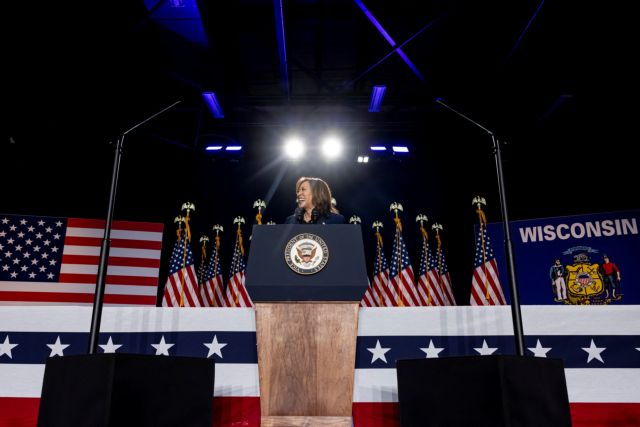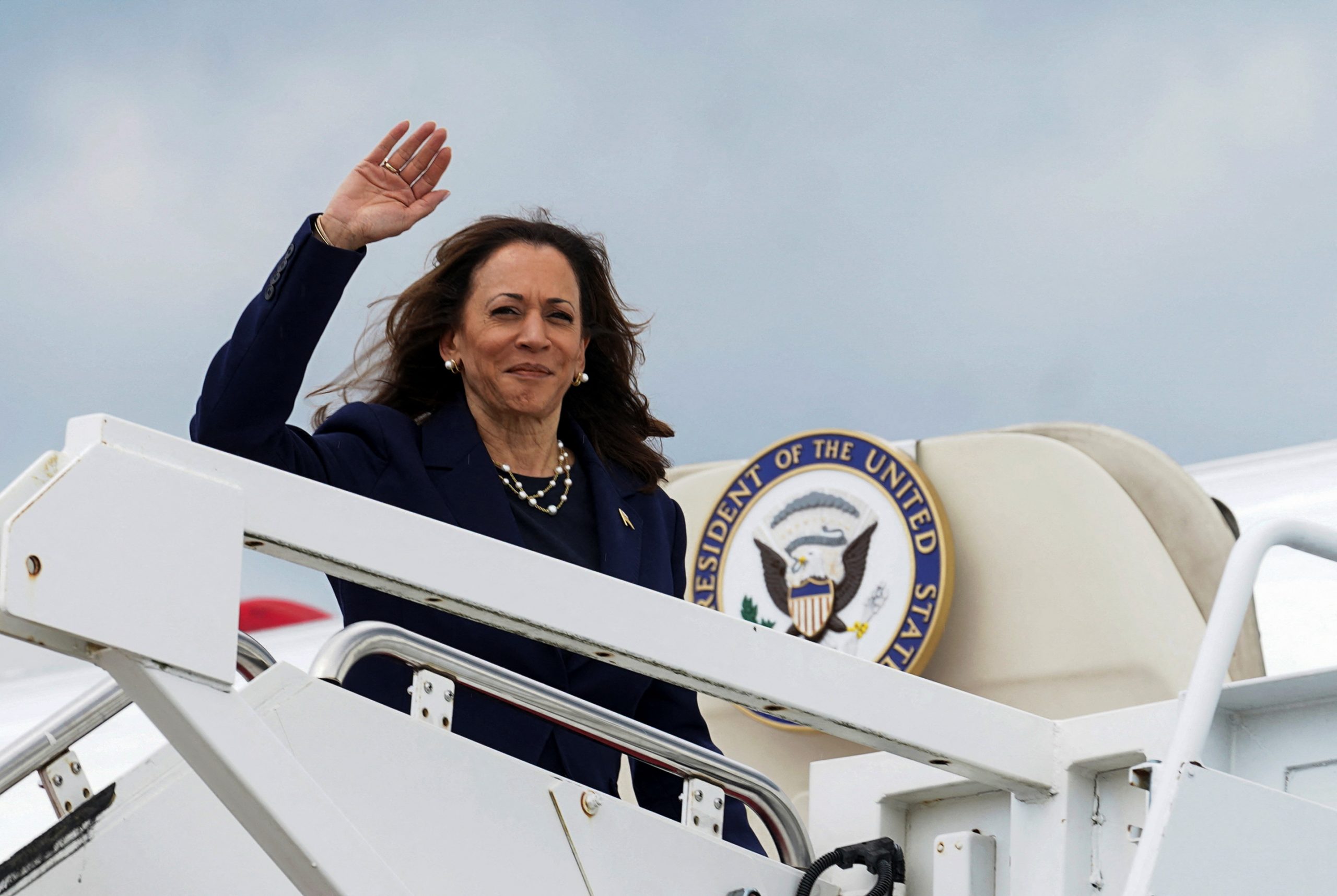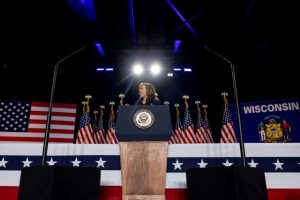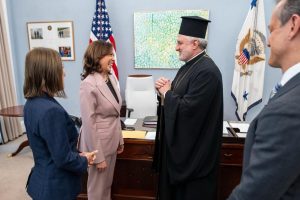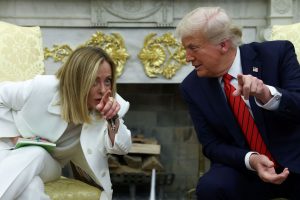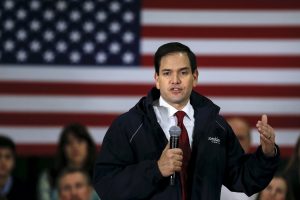Vice President Kamala Harris has not been a familiar face in Greek-American events. Her limited participation included a brief appearance as a Senator at the World Coordinating Committee of the Cyprus Struggle (PSEKA) conference in the summer of 2019. During her remarks, Harris invoked familiar themes of ancient Greek democracy, but she did not delve into specific policy issues.
This lack of policy depth is perhaps unsurprising, given her legislative focus. As a senator, Harris did not serve on committees that would have provided experience in Eastern Mediterranean and Balkan affairs.
However, her national security adviser, Philip Gordon, brings a wealth of experience to the table. Gordon is well-regarded within the Greek-American community, having served as Assistant Secretary of State for European and Eurasian Affairs during the Obama administration’s first term.
Mr. Gordon is equally esteemed by some analysts in Turkey who view his potential role in a future administration as an opportunity for improved relations between Washington and Ankara. His previous work, including the book Winning Turkey, is often cited as evidence of his diplomatic approach.
Yet, it is important to note that Winning Turkey was published prior to 2008, a time when many U.S. foreign policy experts like Steven Cook and Michael Rubin were optimistic about Turkey’s trajectory. In recent years, however, these same thought leaders have become some of the most vocal critics of President Recep Tayyip Erdogan’s leadership.
The evolution of U.S.-Turkey relations underscores that familiarity with foreign policy issues does not always predict outcomes. For example, when President Biden was preparing to take office, members of the Greek-American community were saying that there had never been another president who understood their issues so well. Today, almost four years later, the same people privately express disappointment at what has not been done, particularly regarding Cyprus.
Despite these challenges, maintaining a strong connection with Kamala Harris and her team remains a priority for Greek-Americans. Businessman Angelo Tsakopoulos and his family have played a significant role in fostering these ties.
His daughter, Eleni Kounalakis, serves as California’s lieutenant governor and has a close personal relationship with Harris. In April, Kounalakis facilitated a meeting between a delegation of Greek-Americans, led by Archbishop Elpidophoros of America, and Vice President Harris ahead of the annual Greek Independence Day reception at the White House.
California, home to a significant Greek-American population, is familiar territory for Harris. She has witnessed firsthand the influence of Greek-American business leaders such as George Markos, who are also prominent Democratic donors. The Greek-American community’s social and cultural contributions are evident throughout the state, supported by the active Greek-Orthodox Metropolis of San Francisco.
Finally, some may recall that the effort to invite the prime minister to address a joint session of Congress began in California. The state also hosts the largest Armenian-American community in the United States, a politically active group that often engages in grassroots advocacy against Turkey.
With Kamala Harris entering the presidential race, Greek Americans are keen to see whom she will appoint to key foreign policy and national security advisory positions, since these choices will provide insights into her future foreign policy perspectives. For now, having influential figures with direct access to Harris is viewed as a positive step for the community.
